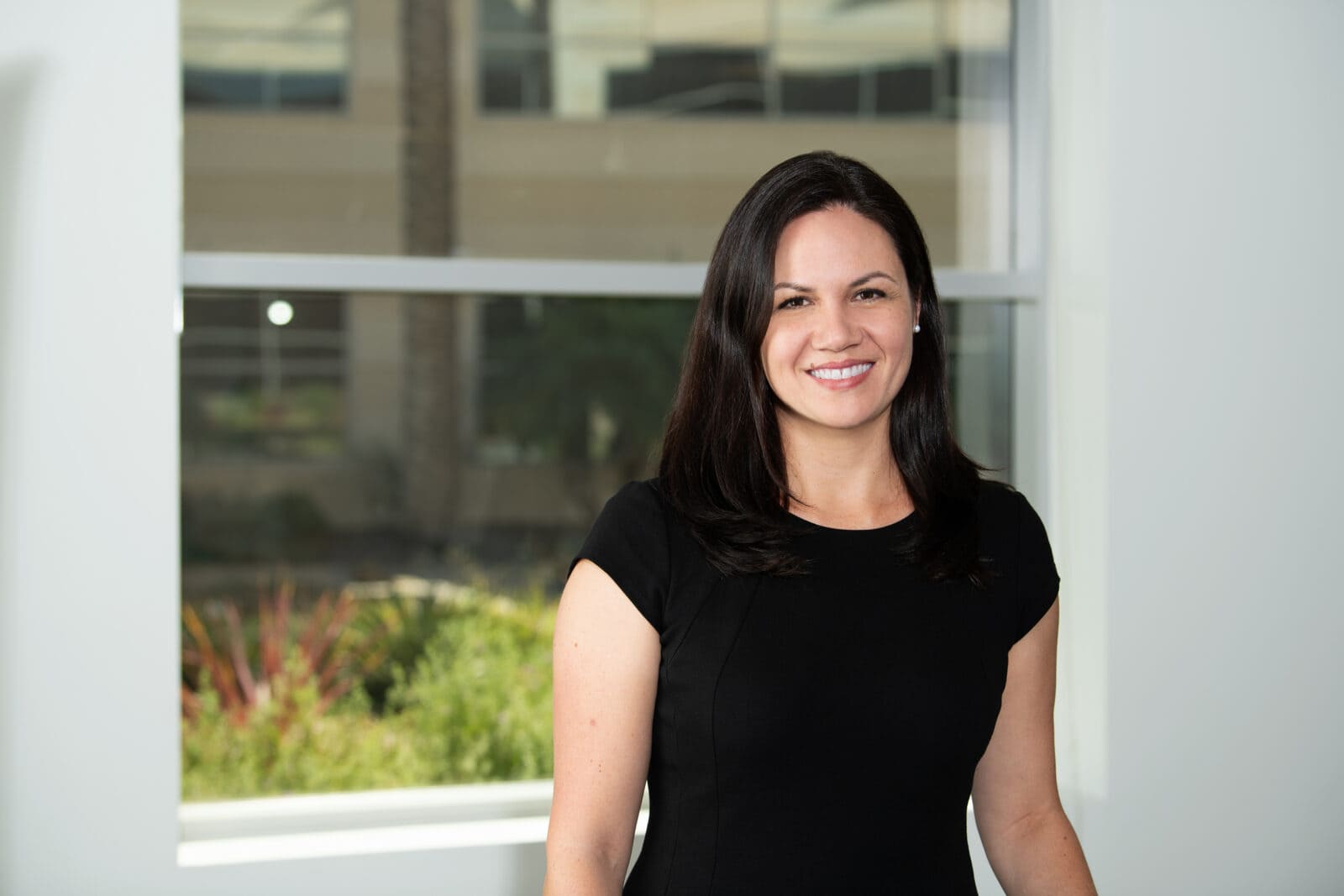With one of the largest life sciences patent prosecution practices in the world, our continued success depends upon the expertise of our patent agents and patent attorneys.
To that end, we have developed comprehensive, collaborative, and career-spanning patent prosecution training to help you become and remain a top patent expert for your clients.
Combining one-on-one mentoring, online topic-focused classes, regular group meetings, and hands-on training, our patent prosecution professional development program is an invaluable introduction to the practice that follows you as you advance in your career.
New Hire Onboarding Kickoff
Whether you’re a patent newbie or an experienced patent professional, as a new hire, the first step in your professional development program will be a one-on-one onboarding meeting.
This discussion with a senior member of our team will serve as an introduction to our group and an overview of the professional development opportunities available to you. This includes:
- A discussion of the history of our Patents and Innovations Group.
- A robust training program and extensive library of online training resources.
- Road maps for success, including your professional development timeline, skill set progression, and benchmarks for future evaluation.
Road Maps for Long-term Success
As part of your onboarding process, you’ll be given a road map for success. Presented as a career advancement ladder, your road map will give you professional development skills to learn, targets to strive toward and benchmarks to measure your progression.
Patent Agent Road Map
This is a patent agent career advancement ladder with five levels of advancement, from junior patent agent up to patent counselor.
- Junior agent (Level 1)
- Intermediate agent (Level 2)
- Advanced agent (Level 3)
- Senior agent (Level 4)
- Patent counselor (Level 5)
Designed to ensure that each patent agent becomes adept in the full range of job responsibilities, the patent agent road map includes objective criteria and activities for advancement at each level:
- Basic knowledge of patent prosecution from the available in-house training sessions and resources.
- Minimum number of “shadowing” activities completed.
- Minimum number of specific work products completed.
At the more advanced patent agent levels, some criteria are related to mentoring junior staff and participating in client management activities.
Associate Road Map
The Lateral Associate Road Map is a recommended set of job skills and activities in their first two-plus years of patent work experience.
- Designed to help associates transition into the Patents and Innovations Group and modeled after the Agent Advancement Road Map, it gives estimated times for when activities should be completed.
Hands-on Early Learning for Patent Newbies
As a member of our Patents and Innovations Group, you’ll have access to a robust curriculum of professional development training and mentoring activities.
But we also offer opportunities for hands-on learning specifically tailored for those who are new to a patent prosecution practice. We want to give you the best chance for early success, and we’ve found that the best way to do this is to let you get your feet wet right away.
You’ll have the chance to:
- Review someone else’s work product as part of our quality control processes so you can “see how it’s done.”
- Shadow your colleagues as they handle client work, such as filing a new patent application.
- Take on pro bono matters, which will give you great experience under the supervision of a seasoned pro.
- Review documents and pitch in on due diligence activities.
One-on-one Mentoring
Each new hire is assigned at least one mentor. These are typically a senior associate or a partner within the Patents and Innovations Group. Your mentor will help you with your onboarding experience and your integration into the group. Our approach to mentoring also includes formal training.
Your First 3 to 9 Months
In your first three to nine months with the firm, you’ll participate in our Patent Professor Program (P3), which consists of one-on-one training sessions with a senior patent counselor. The training covers important topics in patent prosecution, tailored to your experience level.
A Few Years In
Once you’ve developed a few years of experience, you’ll transition to our P3 Squared Program. Tailored to mid-level agents and associates with three to five years of experience, the P3 Squared Program consists of small-group discussion sessions on more complex and nuanced aspects of patent prosecution.
Patent Prosecution Classes and Training
Your professional development as a patent prosecution professional will also include introductory and advanced classes covering patent prosecution and strategies.
Presented as both monthly live classes and a robust collection of recorded on-demand classes, our curriculum is structured to support you at every stage of your career.
- Intro to patent prosecution (100 series)
- Intermediate and advanced patent topics (200 and 300 series)
- Practice management (400 series)
- Special and advanced topics (500 and 600 series)
Bite-size Training on Specific Topics
We also offer a collection of IP SpeedCasts you can watch on demand. These are short (five to ten minute) videos that give you a quick dive on specific IP topics and issues.
New IP SpeedCasts are distributed weekly, and you’ll have access to the complete, searchable collection of more than 230 videos. You’ll also have the opportunity to create and record your own videos to share with your colleagues.
Professional Development Resources for Everyone
Beyond our programs for patent agents and associates, we offer a robust collection of professional development resources for everyone. These include:
- Monthly Patent and Innovations Group meeting discussions of recent developments in patent law and group practices.
- A “knowledge management” resource center designed as a one-stop-shop with a complete library of all Patents and Innovations training and materials, including:
- Links to classes and recordings
- Past issues of our Patent Group Newsletter, which contain practice tips and updates
- Past issues of our Innovation Insights Newsletter, which include more expansive articles on IP case law and procedural aspects of patent law
- Practice guidance materials covering, for example, U.S. and foreign filings, assignments, petitions, Bayh-Dole aspects, antibody practice guides, and more
Wilson Sonsini develops its patent agents and attorneys by providing a lot of different access to training, but also a lot of exposure to different problems.
And I think that’s something that’s unique to Wilson Sonsini is the level of exposure that you have here, whether you’re a patent agent or an associate, you get to see different strategies.

